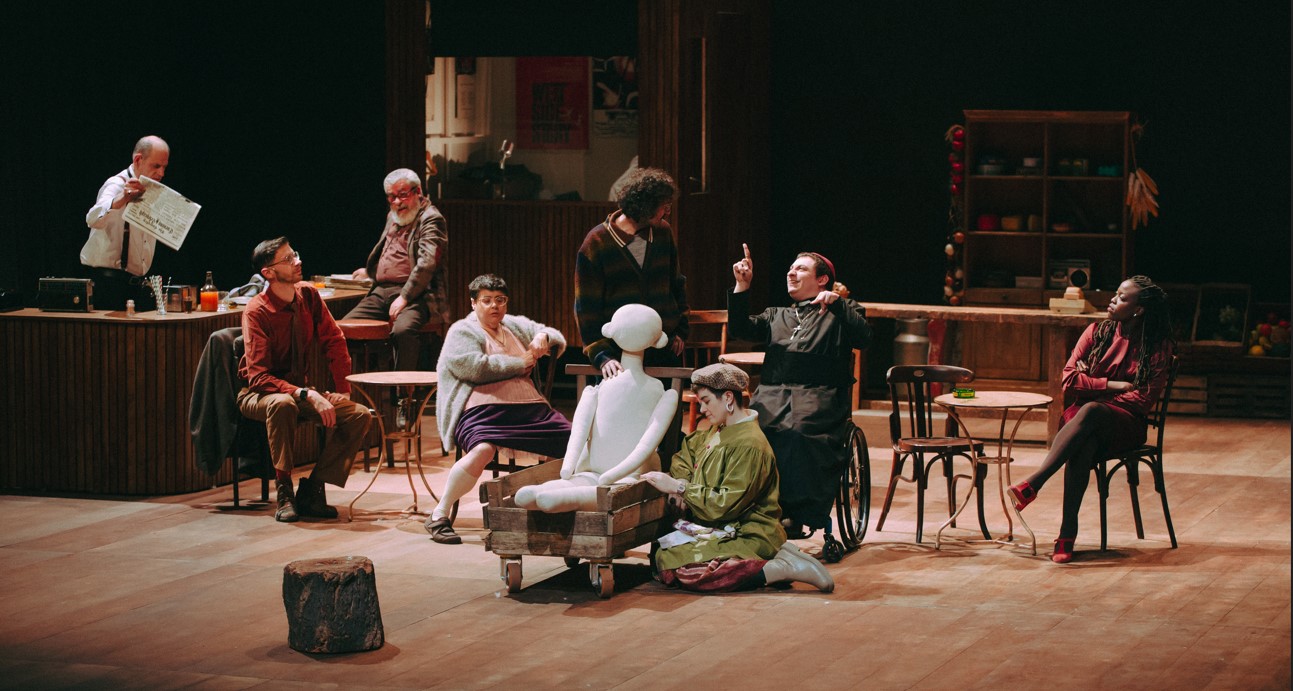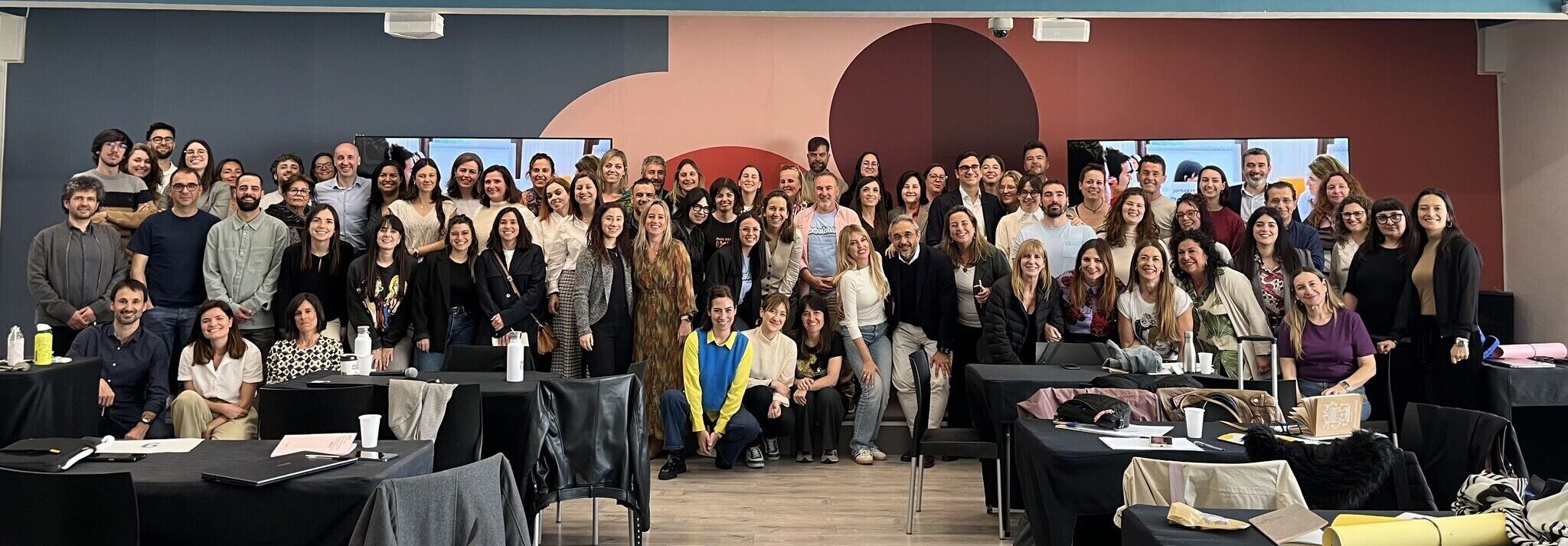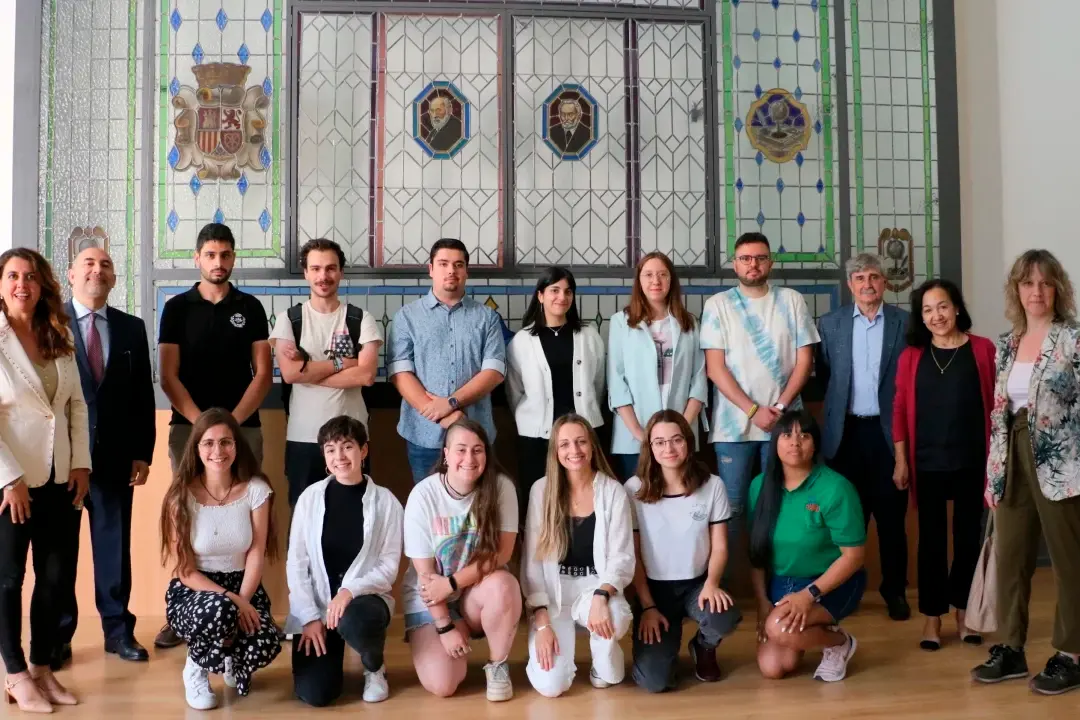Our commitment to promoting talent is evidenced by initiatives such as the Ralbar Scholarships of the University of León, a programme that consists of extra-curricular summer placements in rural communities in the province of León aimed at carrying out regional revitalisation projects. These scholarships are intended to encourage university students to think about and get involved in the search for solutions to foster sustainable development in rural areas and to carry out their work-based and life-inspired projects in those places, thereby contributing, through their training, to achieving the UN’s 2030 Agenda for Sustainable Development.
For this second edition, 12 projects were selected that involved 150 activities and the participation of more than 1,500 individuals. The projects covered different spheres of activity, ranging from social issues, with project proposals focusing on active ageing, the promotion of childhood and play, physical fitness and sports, and others focused on the restoration and conservation of historic and artistic heritage (with specific proposals for the Palacios de la Valduerna area, the church buildings of Valdevimbre, and the districts of La Seca de Alba and Igüeña) as well as activities focused on local natural resources, with specific proposals involving an ethnobotanical research study; environmental awareness seminars, beekeeping outreach, biological pest control for ecological crop farming, digitisation of traditional irrigation methods, or the development of a floral calendar for beekeeping purposes.
Not only has the Ralbar programme contributed to furthering the professional training of scholarship holders, but it has also fostered their personal development through the acquisition of soft skills, such as communication, flexibility, commitment and perseverance.
Daniel Escapa, an Environmental Sciences graduate, has produced an ethnobotanical study of forest plants in the Valle de Sabero region, which has prompted a lot of interest among the local population and will generate tourist appeal. “It has been very rewarding to see how your work has repercussions on the area, and if that area is where you grew up and involves people you know, then the value is immeasurable” explained Daniel.
Andrea Díez, an Early Childhood Education graduate, has carried out a project alongside the Valderrueda community council to transform and promote childhood development in rural communities. Andrea speaks of her participation in this programme as “one of the best and most valuable experiences of my life, both academically and professionally, as well as personally and socially”.
Another student selected, Valeria Rodríguez, who is a double-honours student of History and History of Art, explained “this was my first work experience, in an environment I know and working on an issue that means a lot to me and to my family and home town.” Her proposal, consisting of activities to promote the industrial mining heritage of Igüeña, attracted the interest of the local City Council, which will organise a touring exhibition on specific dates and a permanent exhibition in the local assembly hall.
Here at the Foundation, we are delighted to see how the students who participated in the programme all share a feeling of personal satisfaction about the positive impact that their projects are having on the region and on the people they grew up with. Congratulations to all the participants!



